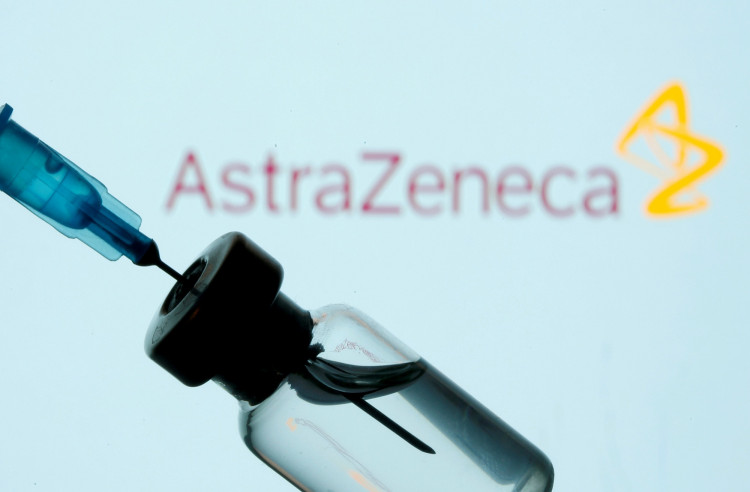The next wave of the pandemic may be much more destructive than COVID-19, therefore the outbreak's lessons must not be squandered and the world must be prepared for the next viral onslaught, one of the developers of the Oxford-AstraZeneca vaccine said.
According to Johns Hopkins University, the new coronavirus has claimed the lives of more than 5 million people worldwide, devastated trillions of dollars in economic production, and thrown billions of people's lives into disarray.
"The reality is that the next one could be even worse. It might be more contagious, or it could be more dangerous, or it could be both," Sarah Gilbert said in the Richard Dimbleby Lecture.
"This is not the first time a disease has posed a threat to our lives and livelihoods," she said.
Gilbert, a vaccinology professor at the University of Oxford, said the world should improve its preparedness for the next virus.
The Oxford-AstraZeneca vaccine is now the most extensively used therapy worldwide, having been distributed to over 170 countries.
"We must ensure that the advances we have achieved and the information we have learned are not lost," she stated.
Efforts to contain the COVID-19 pandemic have been unequal and fragmented, with low-income countries having limited access to vaccines while the "healthy and wealthy" in developed countries receive boosters, health experts warn.
Gilber said the world can't let a situation to develop in which people have gone through everything and then discover that the "massive economic losses we have experienced have resulted in a lack of financing for pandemic preparedness."
A group of health specialists convened by the World Health Organization to examine the WHO's response to the COVID-19 pandemic has recommended for permanent funding and increased capacity for pandemic research through a new agreement.
One plan called for increased funding for pandemic preparedness of at least $10 billion per year.
COVID-19 was first discovered in late 2019 in China. Vaccines against the virus were created in record time.
Gilbert stated that the Omicron variant's spike protein has changes known to enhance the virus's transmissibility.
There are additional modifications that could suggest that antibodies generated by vaccinations or other variants are less efficient at preventing infection with Omicron, she explained.
"Until additional information becomes available, we should exercise caution and take actions to slow the spread of this novel variant," she said.
Gilbert began working on a coronavirus vaccine in early 2020, when the first outbreak of COVID-19 was discovered in China.




